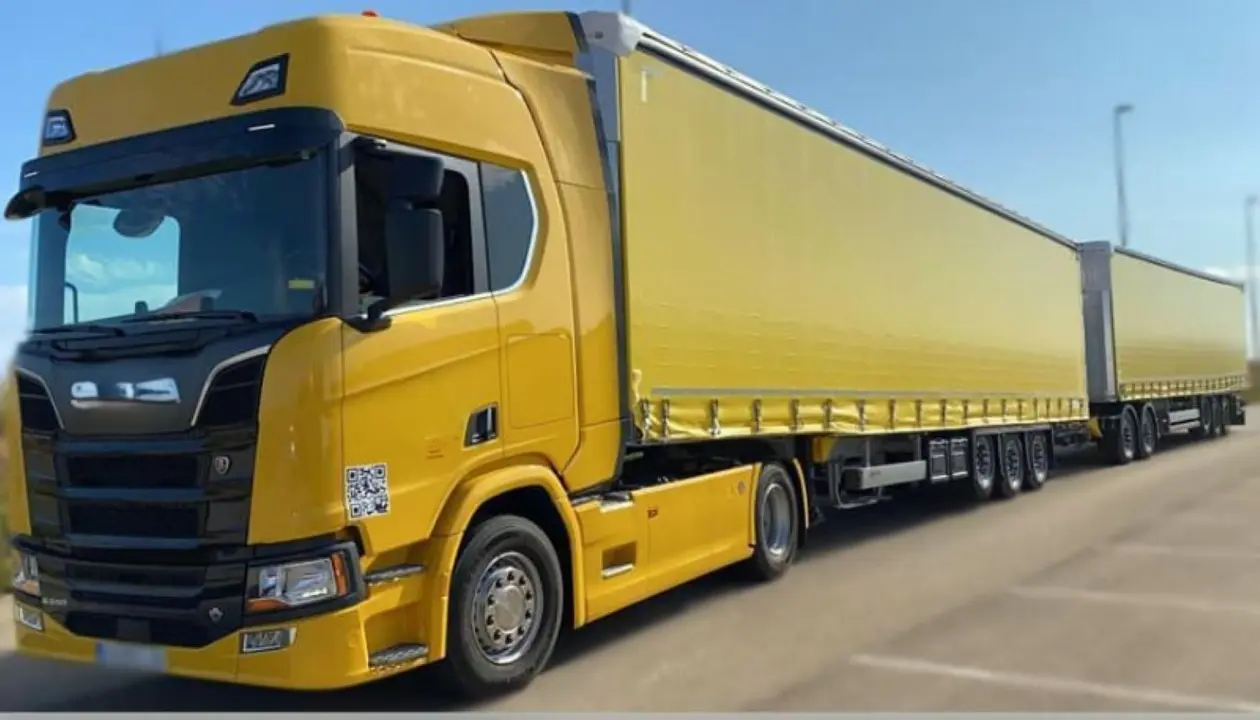Viimeaikaisten kehityskulkujen ymmärtäminen
Kuljetusala on jatkuvassa muutoksessa, valmiina logistiikan toimintaan vaikuttaviin muutoksiin. Yksi ajankohtainen kysymys liittyy ammattikäyttöön tarkoitetun dieselpolttoaineen nykyisten rajojen ehdotettuihin korotuksiin. Tämä huomio liittyy uusiin sääntelykehyksiin, joiden tavoitteena on yhdenmukaistaa standardeja Euroopassa ja varmistaa, että logistiikkapalvelut pysyvät kustannustehokkaina ja kilpailukykyisinä.
Positiivinen näkemys säännösmuutoksiin
Kansainvälinen maantiekuljetusliitto (ASTIC), joka edustaa suuria rahtikuljetusyrityksiä, on ylistänyt yleisen ajoneuvoasetuksen muutosten virallistamista. Nämä muutokset, joita on valmisteltu pitkään ja jotka on nyt julkistettu, merkitsevät edistysaskelta alalle. Niiden tavoitteena on vähentää hallinnollisia esteitä ja samalla vahvistaa toiminnan joustavuutta.
Uusi painorakenne
Yksi keskeisimmistä muutoksista on viisi- tai useampiakselisten yhdistelmien enimmäispainon korotus 44 tonniin. Tämä tarkistus on merkittävä keskustelunaihe, sillä se vastaa paremmin naapurimaiden, kuten Portugalin ja Ranskan, käytäntöjä.
Tämä lisäys avaa mahdollisuuksia kuljettaa 4 000 kg enemmän per matka, mutta sillä on myös vaikutuksia. Tällaisen muutoksen odotetaan nostavan operatiivisia kustannuksia – polttoaineen kulutuksen, renkaiden kulumisen ja jarrujen huollon odotetaan nousevan 14–18 %. Tämä edellyttää näin ollen sopimusten uudelleenarviointia koko logistiikkaketjussa, jotta näihin muutoksiin voidaan vastata.
Dieselpolttoaineen tarkistaminen mutta enemmän
Näiden painonkorotusten ohella pyritään jatkuvasti tarkistamaan ammattikäytössä olevien dieselajoneuvojen vuotuista 50 000 litran rajaa. Tätä rajaa pidetään riittämättömänä, kun otetaan huomioon ajoneuvojen operatiivisen kapasiteetin odotettu kasvu uusien määräysten myötä. Tämän huomiotta jättäminen voisi olla taloudellisesti haitallinen laiminlyönti monille yrityksille, jotka pyrkivät kestävään kehitykseen kuljetusalalla.
Duo-traileri: askel eteenpäin
Uusi voitto saavutettiin, kun laillisesti sitomattomat parirekat hyväksyttiin. Tämän kokoonpanon paino voi olla jopa 72 tonnia ja pituus 32 metriä, mikä helpottaa logistiikkatoimintojen sujuvampaa kulkua ilman liiallista byrokratiaa. Lieventämällä näitä rajoituksia yritykset voivat tutkia kestävämpiä ja tehokkaampia kuljetusratkaisuja samalla kun ne parantavat toimintakykyään ja kannattavuuttaan.
Kohti eurooppalaista standardointia
On toivoa, että meneillään olevat ponnistelut Euroopan painoja ja mittoja koskevien määräysten muuttamiseksi hyväksytään pian. Yhdenmukaisuuden saavuttaminen vahvistaa siten logistiikkayritysten välistä kilpailua, mikä mahdollistaa niiden kansainvälisten asiakkaiden paremman palvelemisen ja yhtenäisemmän markkinan hyödyntämisen.
Toiminnalliset vaikutukset alalle
Nykyiset luvut osoittavat, että Espanjassa viisiakselisten nivelrekojen tekemistä rahtikuljetuksista vain noin 101 TP3T tehdään tällä hetkellä maksimikapasiteetilla. Tämä tilanne heijastaa lukuisia haasteita, joita yritykset usein kohtaavat, kuten ajoneuvojen tekniset rajoitukset tai rajoitukset purkupaikoissa, jotka estävät näiden uusien kynnysarvojen saavuttamisen.
Taulukko odotetuista kustannuksista painonnousun vuoksi
| Kustannustekijä | Arvioitu lisäys (%) |
|---|---|
| Polttoaineen kulutus | 14% – 18% |
| Renkaan kuluminen | 14% – 18% |
| Jarrun huolto | 14% – 18% |
| Lastaus-/purkuajat | Mitattu lisäys |
| Keskinopeus | Decrease |
Lopullisia ajatuksia muutoksista
Yhteenvetona, kun kuljetusala suunnistaa näiden kehittyvien säädösten parissa, tänään tehdyillä toimilla on pitkäaikaisia vaikutuksia toiminnan dynamiikkaan. Sidosryhmien on pysyttävä ketterinä ja sopeuduttava muutoksiin, jotka lisäävät tehokkuutta ja edistävät kestävyyttä.
Tässä esitetyt oivallukset osoittavat, että logistiikka-ala on ratkaisevassa vaiheessa. Parhaatkaan ennusteet ja asiantuntevat keskustelut eivät täysin tavoita henkilökohtaisten kokemusten vivahteita. Yksi asia on kuitenkin selvää: yritysten on jatkuvasti mukauduttava varmistaakseen kilpailuetunsa. Niille, jotka tarvitsevat luotettavia kuljetusratkaisuja, jotka ovat linjassa näiden määräysten kanssa, GetTransport.com tarjoaa edullisia maailmanlaajuisia palveluita, jotka vastaavat monenlaisiin logistiikkatarpeisiin, aina suurikokoisten tuotteiden toimittamisesta toimistojen siirtojen hallintaan.
Hyödynnä muuttuvassa ympäristössä tarjoutuvia mahdollisuuksia tutustumalla GetTransport.comin tarjoamiin luotettaviin ja joustaviin logistiikkaratkaisuihin. Varaa rahtikuljetuksesi GetTransport.comista jo tänään!

 Ammattidieselin käyttörajoitusten uudelleenarviointi sääntelymuutosten keskellä">
Ammattidieselin käyttörajoitusten uudelleenarviointi sääntelymuutosten keskellä">